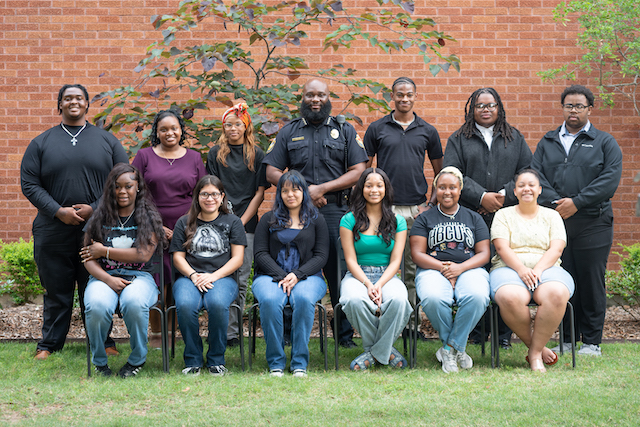HEALTHY LIVING — Dry eyes? What Do I Do? Try this.
Published 12:02 am Saturday, May 18, 2024

- Dry eye can happen if you spend a lot of time looking at your computer, tablet or smart phone.
|
Getting your Trinity Audio player ready...
|
As is the case with many of my columns, this was suggested by a dear friend who suffers from dry eyes.
The surprising news is that it is very common, nearly 16 million Americans have it. Symptoms of this condition are burning, dry or scratchy feeling, blurry vision and red eyes.
The good news is your doctor can check for dry eye as part of a comprehensive dilated eye exam. The exam is simple and painless — your doctor will give you some eye drops to dilate (widen) your pupil and then check your eyes for dry eye and other eye problems.
Who is prone to having Dry Eye?
Anyone can get dry eye, but you might be more likely to have dry eye if you: Are age 50 or older; Are female; Wear contact lenses; Don’t get enough vitamin A (found in foods like carrots, broccoli, and liver) or omega-3 fatty acids (found in fish, walnuts, and vegetable oils); or Have certain autoimmune conditions, like lupus or Sjögren syndrome.
Dry eye can happen if you spend a lot of time looking at your computer, tablet, or smart phone.
If severe dry eye isn’t treated, it can sometimes damage your cornea, the clear outer layer at the front of your eye.
So, how is it treated?
Over-the-counter eye drops. The most common treatment for mild dry eye is a type of eye drops called artificial tears. You can get these eye drops without a prescription. There are also over-the-counter moisturizing gels and ointments that may help your eyes feel better. Your doctor can best advise you on a brand.
Prescription medicines. If your dry eye is more serious, your eye doctor may give you a prescription for eye drops that can help your eyes make more tears.
Lifestyle changes. If something in your life or your environment is causing your dry eye, or making it worse, your doctor may suggest changes to help protect your eyes.
For example, if a medicine you take for another health condition is causing dry eye, your doctor may also suggest that you try a different medicine.
Your eyes may also feel better if you: Try to avoid smoke, wind, and air conditioning; Use a humidifier to keep the air in your home from getting too dry; Limit screen time and take breaks from staring at screens; Wear wraparound sunglasses when you’re outside; Drink plenty of water — try for 8 to 10 glasses every day; and Get enough sleep — about 7 to 8 hours a night.
You can try tear duct plugs. If tears are draining too quickly from your eyes, your doctor may suggest putting special plugs (called punctal plugs) in your tear ducts (small holes in the inner corners of your eyes). These plugs can help keep your tears in your eyes.
And the less common treatment is surgery.
In some cases, dry eye can happen because your lower eyelids are too loose, causing tears to drain too quickly out of your eye. If this is the cause of your dry eye, your eye doctor may suggest surgery to fix your eyelids and help your tears stay on your eyes.
Don’t suffer with dry eyes, see your eye doctor and get treatment. Keep your eyes healthy, there is a whole lot to see out there!
Jody Holton writes about health for Port Arthur Newsmedia. She can be reached at jholton3@gt.rr.com.





